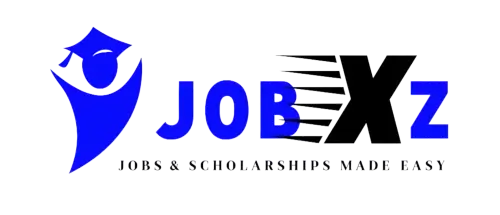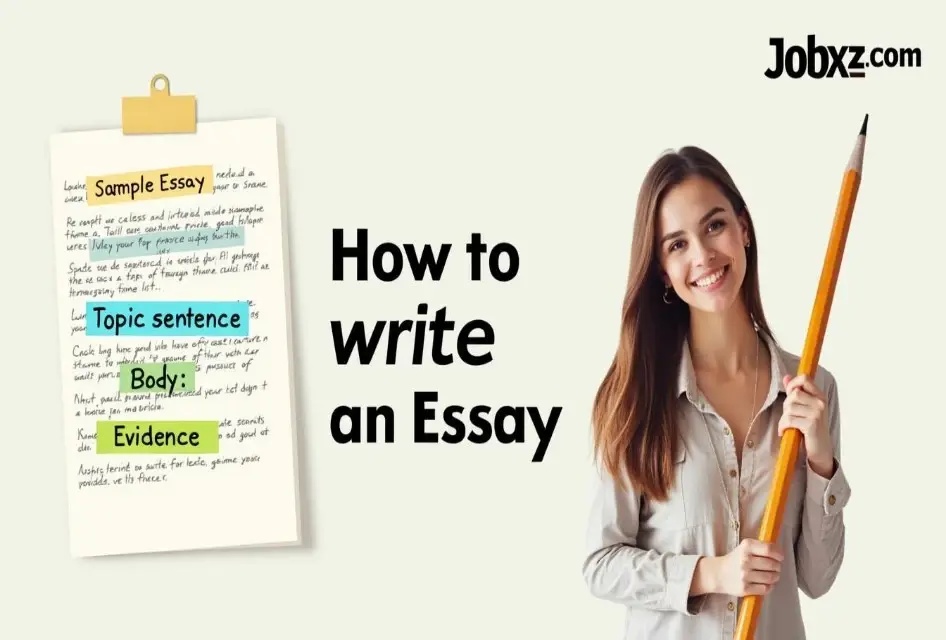
Why Your Scholarship Application Was Rejected (And How to Fix It)
My journey from 38 Scholarship Rejections to 5 Quick Acceptances to Oxford university, university of Manchester, Cambridge university , University of Newcastle and University of Leeds
Why Your Scholarship Application Was Rejected
You've heard the stories of "free money" for college that you can get right away, It's true, but getting that money is a competitive skill. After talking to the experts, the folks who read hundreds of applications, a clear pattern starts to appear.
It's not enough to merely be qualified; you also have to show your qualifications in the best and most error free way possible
Here are the most common mistakes that scholarship committees and successful students have told us about, along with tips on how to avoid them so that your application stands out for all the right reasons
Common Mistakes and How to Avoid Them
The Incomplete Package: Your First and Quickest Rejection
This is the easiest reason to turn someone down. There are often hundreds or thousands of applications that scholarship committees have to look at. It's simple to ignore an application that isn't complete
The mistake was not having all the right paperwork, not answering questions, or sending in unclear scanned copies of transcripts
- The Solution:
- Develop a list: Before you start, develop a master list of everything you need, like essays, transcripts, letters of recommendation, financial forms, and so on
- Check Uploads Twice: Make sure that each file is clear, easy to read, and uploaded to the right place The committee might not be able to see clearly what you see on your screen
- Send it in early; don't wait until the last minute Before you hit "submit," take some time to look over the whole application one last time
- The Solution:
The Generic Application: A Missed Chance to Connect
Committees can tell a mile away if an application is a copy-paste job that suits everyone They aren't simply paying for a GPA; they're putting money into a person The Mistake: Sending the same essay to more than one scholarship, writing what you believe they want to hear, or giving vague, unproven responses
- The Fix:
- Customize Everything: Look into the group that is giving out the scholarship. What is their goal? Put their values into your writing. If it's a community foundation, talk about how it affects people in your area If it's for future engineers, make sure to talk about your technical work Check Scholarship Americafor examples
- Answer the Prompt Directly (and Clearly): If someone asks you about your money problems, be honest and upfront about them. Don't think they'll "figure it out" Explain your situation to show why you really need this scholarship
- Tell Your Story: One member of the committee begged, "Please, please, please do not copy" Your unique experiences, points of view, and voice are what make you stand out Use them
- The Fix:
The Weak Supporting Cast: Bad Letters of Recommendation
Your recommenders are on your side. A weak or generic letter might make an otherwise good application look bad The Mistake: Sending letters that are unclear, sound like they were written for someone else, or don't give particular instances of your skills and personality
- The Fix:
- Choose Wisely: Choose recommenders who know you well, such a professor who oversaw your study, a manager from your internship, or a teacher who led your club
Get Your Recommenders Ready: Give them your CV, your scholarship essay, and a list of bullet points of the most important things you want them to remember about you (for example, “the time I led the team project under a tight deadline”).
This helps them produce a strong, thorough letter
- Give Them Enough Time: Don't ask for a referral at the last minute A letter that is written quickly is usually a generic one
- The Fix:
The Unconvincing Narrative: A Weak Plan for an Essay or Study
This is where you present your argument. A poorly written essay or a hazy study plan is a missed chance to do well The Mistake: An essay that only lists your accomplishments (like a CV in paragraph form) doesn't reveal your personality or clarify your aspirations.
A badly written research proposal is a big red signal for research-based initiatives
- The Solution:
- Don't Tell, Show: Instead of declaring "I'm a leader," tell a story about a time you took charge and what happened
- Connect the Dots: Make a clear story Why this area? Why this school?. How do your prior experiences help you reach your future goals? How will this scholarship help you reach your objectives and benefit others?
- Be Clear About Your Goals: When writing a study plan or research proposal, be sure to clearly say what you want to explore, what questions you want to answer, how you plan to achieve it, and what effect your work might have Make it apparent to the committee that you have a clear plan
- The Solution:
The Absence of Research and Alignment
It's a waste of time for both you and the committee to apply to programs where you don't fit. The Mistake: Applying for a scholarship you don't qualify for or a graduate program where no professors are interested in your study
- The Solution:
- Look at the small print: Before you spend hours looking into it, make sure you meet all the qualifying requirements, such as citizenship, GPA, topic of study, and any limits on past scholarships.
- Check FinAidfor eligibility guidelines
- Do Your Research (Especially for Grad School): Find 2–3 professors whose work you are really interested in for university-specific grants or admittance. If you name them and explain how their study fits with yours, it demonstrates that you are really interested and are taking the lead
- The Solution:
Not Applying Because You Think You Won't Get the Job
Doubting yourself may be the worst thing you can do. One analyst said that many great students "rule themselves out because they didn't feel that [a top university] was a place for them"
- The Mistake: Not applying because you fear you're not good enough or that the competition is too tough
- The Fix:
- Change your way of thinking: There is more scholarship money out there than you realize You miss every shot you don't take
You are your own best advocate If you don't convey your story and show off your skills, no one else will Have faith in your own skills and show them out with confidence
Also Read about The Top 10 Ways to Win College Scholarships
Conclusion:
Applying for a scholarship is a long process, not a short one It requires a lot of time and work, as well as honesty and accuracy If you avoid these frequent mistakes and submit an authentic, well-researched, and thorough application, you will stand out from the other applicants and be someone they would be glad to invest in
Reminder: Start preparing your application checklist today and review eligibility at CollegeDataSet reminders for deadlines!






